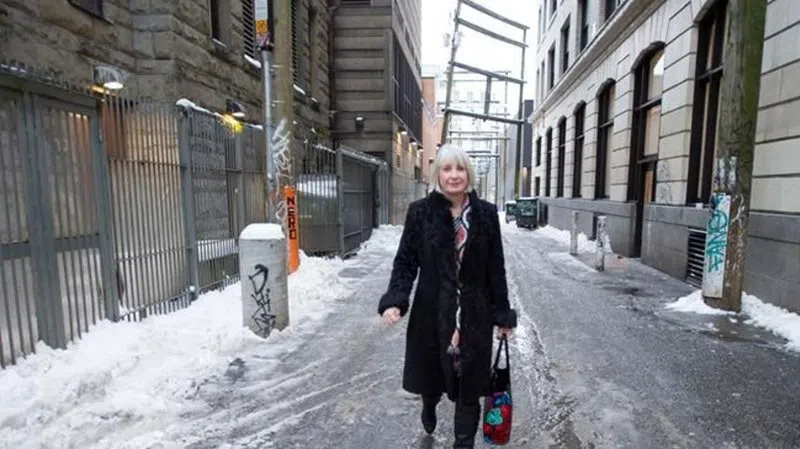
Federal health minister says too early for broad drug decriminalization
VANCOUVER — Canada’s health minister says talk about decriminalizing drugs to deal with the country’s opioids crisis is premature until people have enough help to fight their addictions.
Countries that have taken that step have supports in place to protect people, said Patty Hajdu, who toured the Molson Overdose Prevention Site in Vancouver’s Downtown Eastside on Thursday with Mayor Kennedy Stewart.
“My personal perspective on decriminalization is that it can’t be done in a broad sweep,” she said.
The way services are delivered in Canada vary from province to province in terms of what kinds of supports are available, she said.
